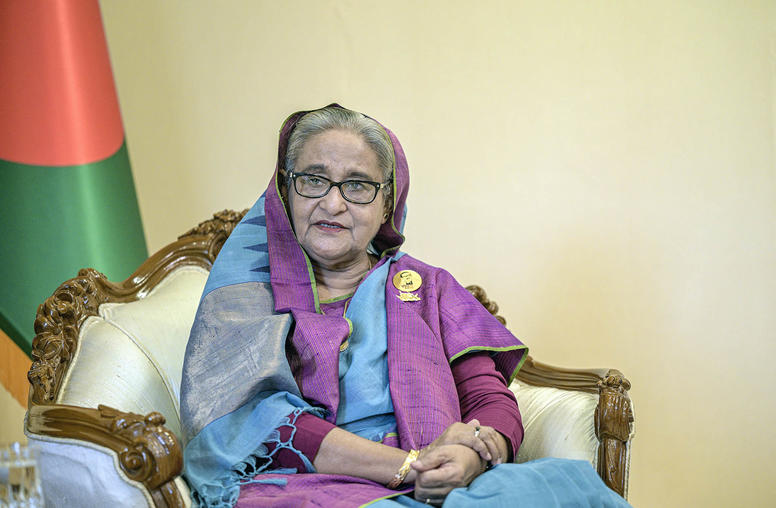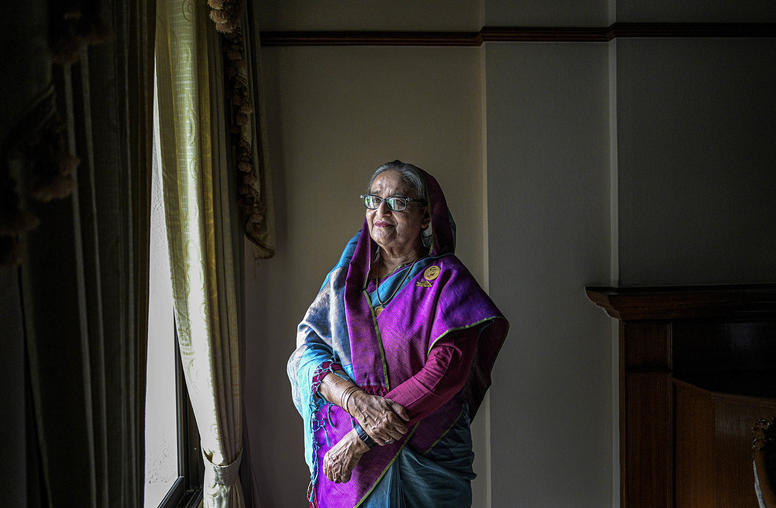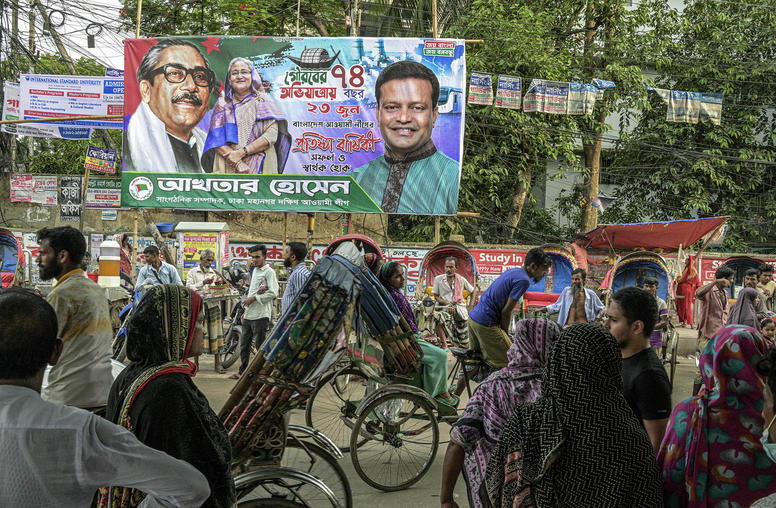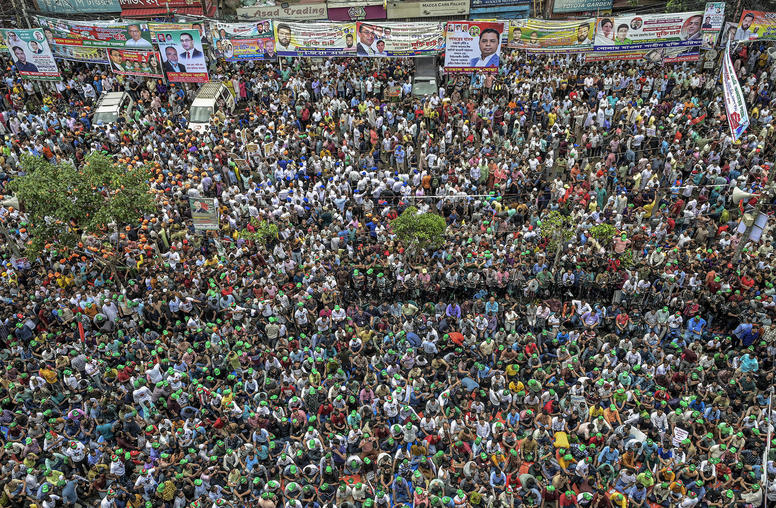"Displaced,” A VOA Documentary Screening
The Rohingya’s Plight in Kutupalong Refugee Camp in Bangladesh
On December 13, the U.S. Institute of Peace (USIP) and Voice of America (VOA) will host a public film screening of “Displaced,” a documentary detailing the experiences of Rohingya Muslims currently living in refugee camps in Bangladesh.
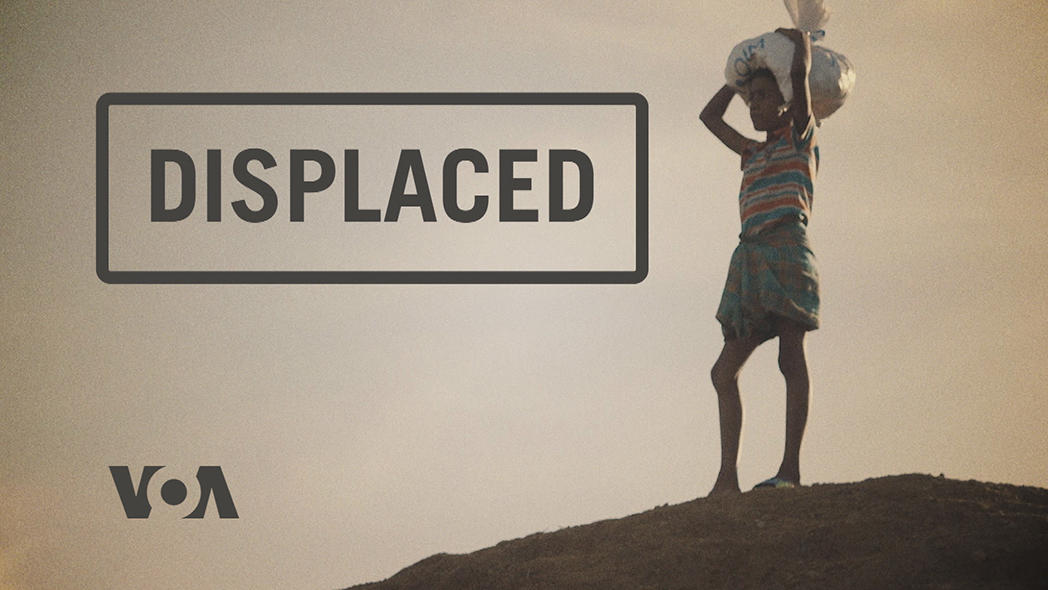
One year after Burmese military clearance operations forcibly displaced over 700,000 Rohingya, VOA contributor Greta Van Susteren and a camera crew travelled to Kutupalong refugee camp in Bangladesh to document survivors’ experiences and their current living conditions. After witnessing and experiencing murder and rape and other atrocities, survivors face new struggles. The Bangladeshi government has done much to support the incoming Rohingya, but refugees are cut off from any formal means of employment and are a constant target for armed ethnic extremist organizations and human traffickers. Though the refugees continue to face harrowing conditions, Greta Van Susteren and her crew were also able to find signs of perseverance and hope in the Kutupalong camp.
A panel discussion and question and answer session moderated by USIP President Nancy Lindborg and featuring researchers and humanitarian activists specializing on the Rohingya crisis will follow the screening. Panelists will discuss the documentary and offer their own insights into current camp conditions and prospects for repatriation in the near future. Take part in the conversation on Twitter with #VOADisplaced.
Panelists
Nancy Lindborg, welcoming remarks, moderator
President, U.S. Institute of Peace
Amanda Bennett, opening remarks and introduction of film
Director of the Voice of America
John Lansing, remarks
CEO of US Agency for Global Media
Sara Bordas Eddy
Chief, Office of Emergency Programmes, UNICEF
Eric Schwartz
President, Refugees International
Greta Van Susteren
Voice of America
